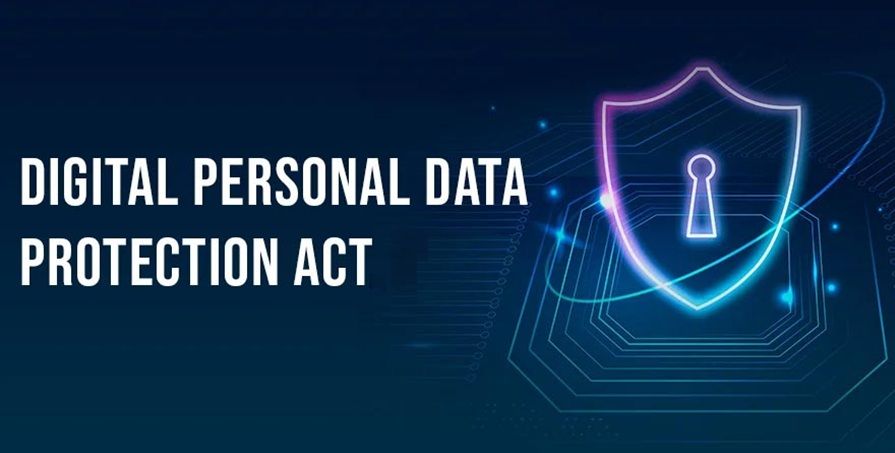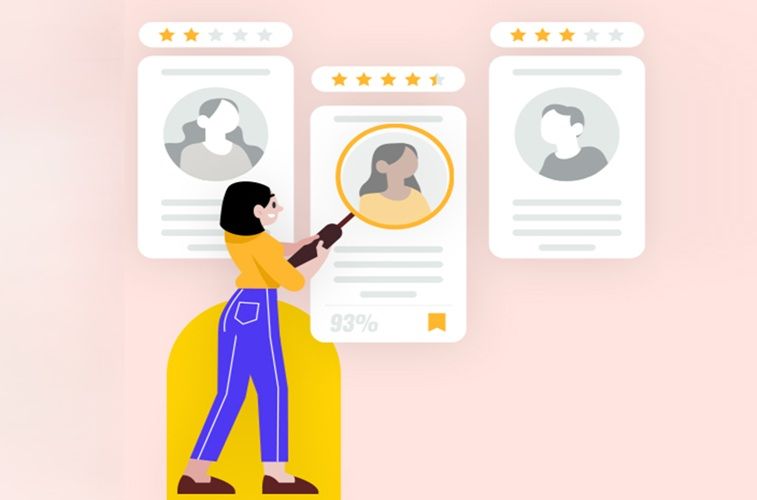
The DPDP Act: India’s Step Toward Digital Privacy Protection
The Digital Personal Data Protection (DPDP) Act is India’s dedicated law to protect the personal data of its citizens in an increasingly digital world. With more and more of our lives moving online—shopping, social media, banking, and more our personal information is constantly being collected, stored, and used by organizations and businesses. The DPDP Act was introduced to ensure that this data is handled with responsibility, transparency, and respect for individuals’ privacy.
The DPDP Act marks a significant step in safeguarding digital privacy in India, establishing strict guidelines on how personal data should be collected, stored, and shared. It empowers individuals, giving them more control over their data and introducing rights like data access, correction, and deletion. For companies, the act sets clear obligations, requiring them to prioritize data security, transparency, and respect for user consent.
In this article, we’ll walk through the key aspects of the DPDP Act, explain how it works, and highlight what it means for both individuals and companies in India.
What is the DPDP Act?

The Digital Personal Data Protection Act (DPDP) is a law passed in India to safeguard personal data in the digital world. It was designed to give people more control over their personal data and to ensure organizations handle this data responsibly.
The act mainly focuses on two things:
- It ensures individuals (data principals) have the right to control their personal data.
- It provides companies (data fiduciaries) with a structured framework to responsibly collect, process, and store personal data.
You can access the official notification of the Digital Personal Data Protection Act (DPDP) 2023 from here: Digital Personal Data Protection Act (DPDP)
Key Terms You Should Know
To understand the DPDP Act better, let’s look at some important terms:
- Data Principal: This is the person whose data is being collected. For example, if you’re filling out a form online, you’re the Data Principal.
- Data Fiduciary: This is the organization or company that collects, processes, and stores data. For example, a social media platform or an online shopping website that collects your information is a Data Fiduciary.
- Consent: Before collecting any personal data, organizations must get clear permission from the person, or “Data Principal.” Consent has to be easy to understand and specific.
Key Provisions of the DPDP Act

Here’s what the DPDP Act requires organizations and companies to do:
- Organizations must only collect personal data necessary for a specific purpose.
- Clear and explicit consent is required from data principals before collecting their data, and this consent can be withdrawn at any time.
- Organizations must inform individuals about how their data will be used and ensure proper accountability for its protection.
- Any unauthorized access, accidental disclosure, data loss, or alteration must be promptly reported to the authorities and affected individuals.
- In certain situations, such as employment, medical emergencies, or legal requirements, data may be processed without explicit consent.
- Organizations that fail to comply face penalties of up to ₹250 crores.
Special Provisions for Sensitive Personal Data
Some personal data is considered more sensitive, like health information, financial details, or biometrics (e.g., fingerprints). The DPDP Act has stricter rules for how this sensitive data should be handled, including stronger security measures.
How will this Impact Companies?
The DPDP Act introduces significant changes for businesses, forcing them to revamp their data-handling practices:
- Must draft clear, user-friendly privacy policies that explain their data practices.
- Strong security must be implemented to prevent unauthorized access or data breaches.
- Businesses must be prepared to respond to data requests, ensure compliance, and face regulatory scrutiny.
Non-compliance with the DPDP Act can result in hefty fines as mentioned above incentivizing companies to prioritize data security.
Rights of Individuals Under the DPDP Act
The DPDP Act empowers you to control your data and feel more secure online. With this law, you have the right to know where your data goes, how it’s used, and even to get it back if you choose. This Act encourages companies to treat your data responsibly, respecting your privacy in today’s digital world.
VINCULAR Introduces New Data Protection and Security Compliance Service
In response to the increasing demand for data security and privacy, Vincular has introduced a new Data Protection and Security Compliance service. This service is designed to help businesses meet the requirements of the upcoming India Digital Personal Data Protection (DPDP) Act and other data protection laws.
Our dedicated team of experts is committed to guiding your organization throughout the entire process, from initial stage to final implementation. We work closely with you to understand your needs and ensure that your operations meet all necessary regulatory requirements.
Learn more about Vincular’s service offerings from here: Data Protection and Security Service